It’s almost 50 years, 47 years this year, since I taught English at La Casa Inglesa, in Madrid. My British expat house mate, Hugh Pike, recommended I listen to his cassette of the Chilean group Inti Illimani; then later told me about a cafe/wine bar in Madrid, 'El Rincon', at which South American exiled poets and musicians performed in the late evening. My memories of visits there are of an atmosphere of sadness, of grief yet of passion and the poetic and musical intelligence of the performers.
On returning to Melbourne in October 1977, I began collecting cassette and LP recordings of Chilean musicians; followed the ‘Latino’ music scene in Melbourne, where there was a Chilean expat community; attended a concert at which Inti Illimani played with Spanish guitarist Paco Pena, and even had a brief romantic interlude with an exiled Chilean musician while refreshing my Spanish at a course in Canberra in 1981!
In 1987, the Chilean group, Illapu played to a sold-out audience at the Melbourne Concert Hall. I was there, along with other lovers of their music and members of the Chilean expatriate diaspora in Melbourne. I was spellbound, and again experienced the passion and the poetic and musical intelligence of the performers.
I was therefore excited to discover Illapu was to perform additional concerts at the art-house cinema 'Theatre Royal' in Castlemaine, just 40 km from my home in Daylesford. There were just 30 people in the audience at the first concert. Illapu played as if they were playing to a full house at the Melbourne Concert Hall! Word spread, there was a full house at the second concert! My friends and I were there again, once again delighted, moved, inspired by their music.
I have remained interested in the music of the exiled Chilean musicians and when I came to Benalla 25 years ago, was thrilled to find a group of Chilean folk musicians who lived in the Taminick area playing at local wine festivals.
This year, the anniversary of the military coup and the death of Victor Jara, I have become immersed in following memorial concerts by Inti Illimani and Illapu in Chile, Spain and much of Europe where there are large Chilean expatriate communities.
Triggered by 50th Anniversary concerts, memories have flooded back as I've watched Illapu, 46 years later, playing in 'my' Madrid where I first heard the music of exiled Chilean musicians in 1977. I remember their performances at the Concert Hall in Melbourne and at the Theatre Royal in Castlemaine, and am again uplifted and inspired.
Brothers Roberto and Jaime Marquez and most of the other band members are now in their mid-60's. Returning from exile to Chile in 1988, they have become poet musicians, whose music recognises the struggles of their people; the tragic death in the coup of poet musicians Victor Jara; the music of Violette Parra, and more recent struggles.
I am so glad that they have kept playing their music. Thank you, Illapu!
Bev Lee
November 2023


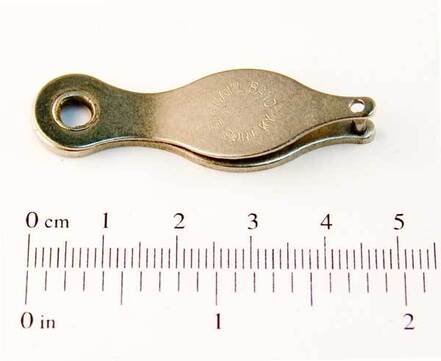
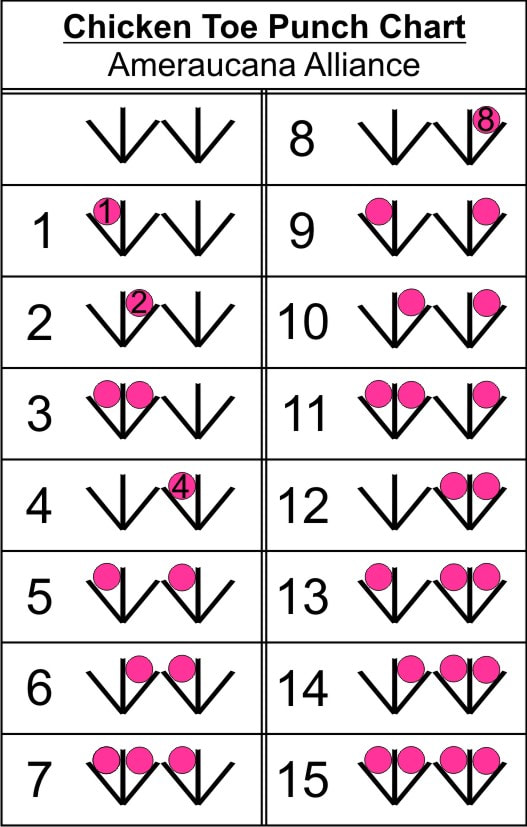


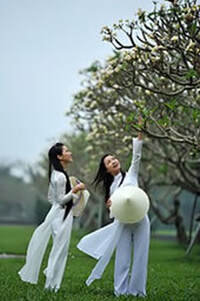

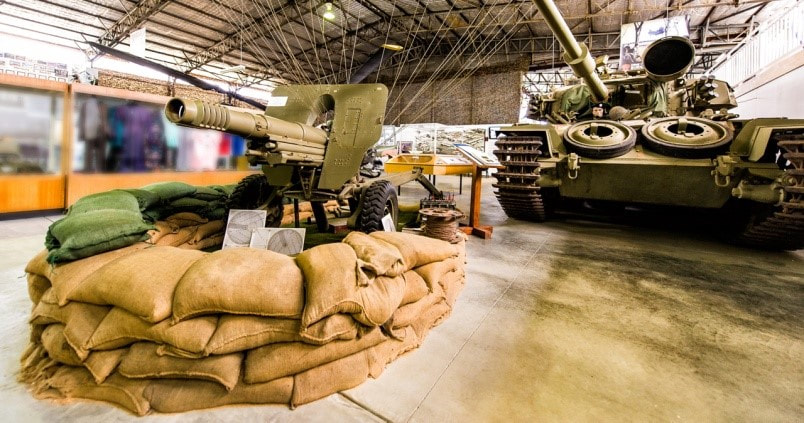
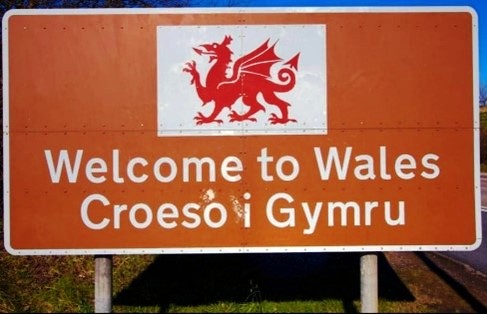
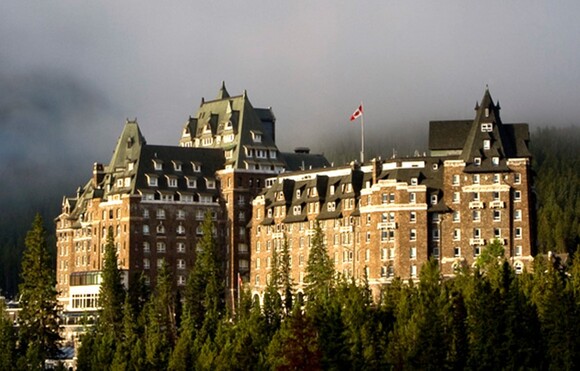

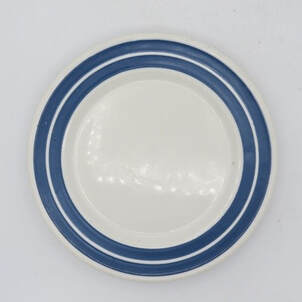
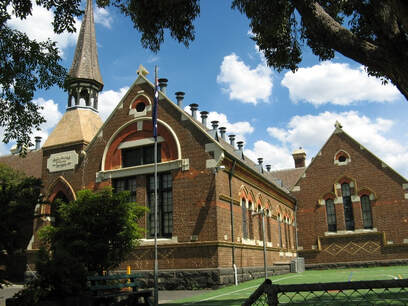
 RSS Feed
RSS Feed
